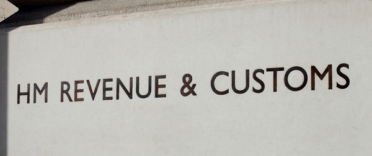
Updated 23/1/12
A bit of sensible planning could save you thousands of pounds in tax each year.
Everyone has an annual capital gains tax allowance as well as an income tax allowance, whether they use it or not. That includes non-working spouses and children. Under the current tax regime everyone can earn £7,475 (£9,940 for the over 65’s) a year and generate £10,600 of capital gains each tax year before they are subject to taxation. (These figures are for the 2011/12 tax year). However, if you don’t use your allowances they can’t be carried forward and are lost.
In theory, a family of 4 could generate £29,900 of income and £42,400 of capital gains each tax year without paying any tax (a total of £72,300). By comparison, if just one family member generated the same gross income and gains, the amount they would receive would be around £25,450 less due to taxation. To fully utilise your family’s annual allowances will require assets to be held in their respective names so that any income or capital gains are offset against their respective allowances. But while it may be easy to achieve this with some assets, i.e. moving bank accounts into a non-working spouse’s name, others may prove more difficult, there are limitations on the assets children can legally hold plus the amount of income they can earn tax-free from gifts from parents. Plus some income streams, such as your earnings can’t be paid to anyone else other than you, although there are plenty of ways of mitigating income tax for the self-employed, which can be found elsewhere in our blog by using the search function.
One thing to bear in mind is that transferring ownership of assets can have IHT implications, particularly if transferred to children. But the good news is that inter-spouse transfers are free from any form of taxation.
Obviously transferring ownership of assets or taking out investments in another’s name means that you relinquish control of said assets. So make sure you don’t upset your wife once everything is in her name.
Tax mitigation is basic financial planning and is relatively easy to achieve – so don’t be overwhelmed. If in doubt seek independent financial advice and, in the case of the self-employed, speak with your accountant. It could save you thousands of pounds in tax each year, particularly if you are a high rate tax payer.
Other ways to cut your tax bill
Money tip #1 – Get bank account interest tax-free even if you are a high rate tax payer!
Money tip #56 – 14 ways to beat the 50% income tax rate
Money tip #63 to # 66 – How to realise capital gains without paying tax
Money tip #79 – How to save and invest for your child’s future
15 Ways to slash your potential IHT bill
Finally, click on 'Tax Mitigation' in the drop-down ''Tax' header at the top of the page for lots more tips.





